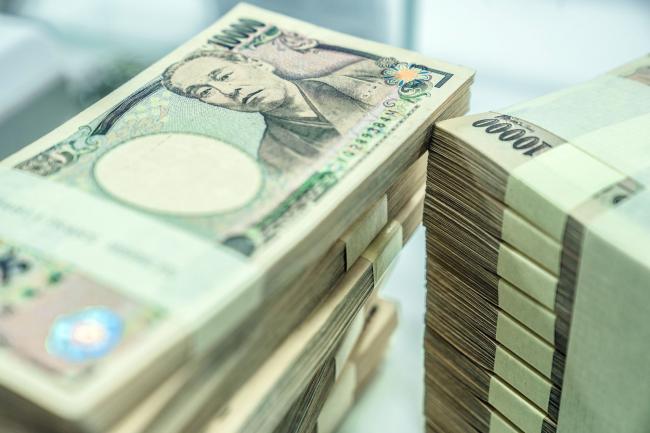Japan Shouldn’t Intervene Over Yen Now, Former FX Chief Warns
2022.07.12 08:56

Budrigannews.com — Japan shouldn’t step into the foreign exchange market to prop up the yen at this stage, according to the country’s former chief currency official.
“I don’t think the government should intervene,” said ex-vice minister for international affairs Mitsuhiro Furusawa. “The current situation doesn’t warrant it.”
The recent moves in the yen don’t reach the level of excessive and disorderly moves that are warned against in existing Group of Seven currency agreements, Furusawa said.
“If the yen weakens suddenly going ahead, the possibility of intervention shouldn’t be ruled out, but now isn’t the time,” he added.
He also warned against assuming the Bank of Japan will stick with its existing policy stance simply based on the timing of Governor Haruhiko Kuroda’s term.
Furusawa’s comments come amid heightened concerns over the negative impact of the weak yen. The Japanese currency set a fresh 24-year low against the dollar overnight after Furusawa spoke in an interview with Bloomberg on Monday.
The softer yen is amplifying soaring import costs that were a key issue ahead of last weekend’s national election. Still, voters delivered a clear win for Prime Minister Fumio Kishida two days after the murder of former leader Shinzo Abe.
Read more: Legacy of Abenomics to Live Beyond Its Tragically Shot Architect
Kishida said Monday that he was prepared to come up with new measures to deal with the rising prices. But it appears the hurdle for intervention remains high.
Treasury Secretary Janet Yellen and Finance Minister Shunichi Suzuki are scheduled to talk Tuesday, but are likely to stick with the language of existing agreements on currencies, if foreign exchange rates are discussed at all, he said.
“A joint intervention would be very difficult,” said Furusawa, who was also deputy managing director at the International Monetary Fund until last year. The US last helped Japan to prop up the yen after it topped 146 in 1998.
The upcoming Group of Twenty meetings in Indonesia this weekend are also unlikely to focus on Japan’s weak currency, he added.
Furusawa served as chief currency official around the time Bank of Japan Governor Haruhiko Kuroda began his massive easing stimulus program in spring 2013.
Given the latest data on the economy, prices and wages, Furusawa, who is now President of the Institute for Global Financial Affairs at Sumitomo Mitsui (NYSE:SMFG) Banking Corp., said the BOJ’s stance of maintaining its easing policy is understandable.
“But monetary policy is data dependent,” said Furusawa. “If you look at the Fed, at the European Central Bank, they’ve changed their minds based on data that’s come right before their decisions.”
It’s possible the BOJ’s stance may also change, if Japan suddenly started to see sharp jumps in inflation, or if the economy improves enough to significantly boost wages.
“It’s possible the BOJ’s policy stance could change before April next year” when Kuroda’s term ends, he said. “Monetary policy isn’t decided by one governor alone, or by his term, or his personality. Japan is data dependent, too.”








